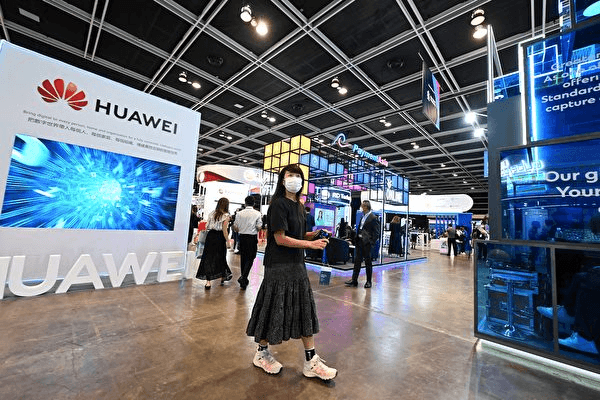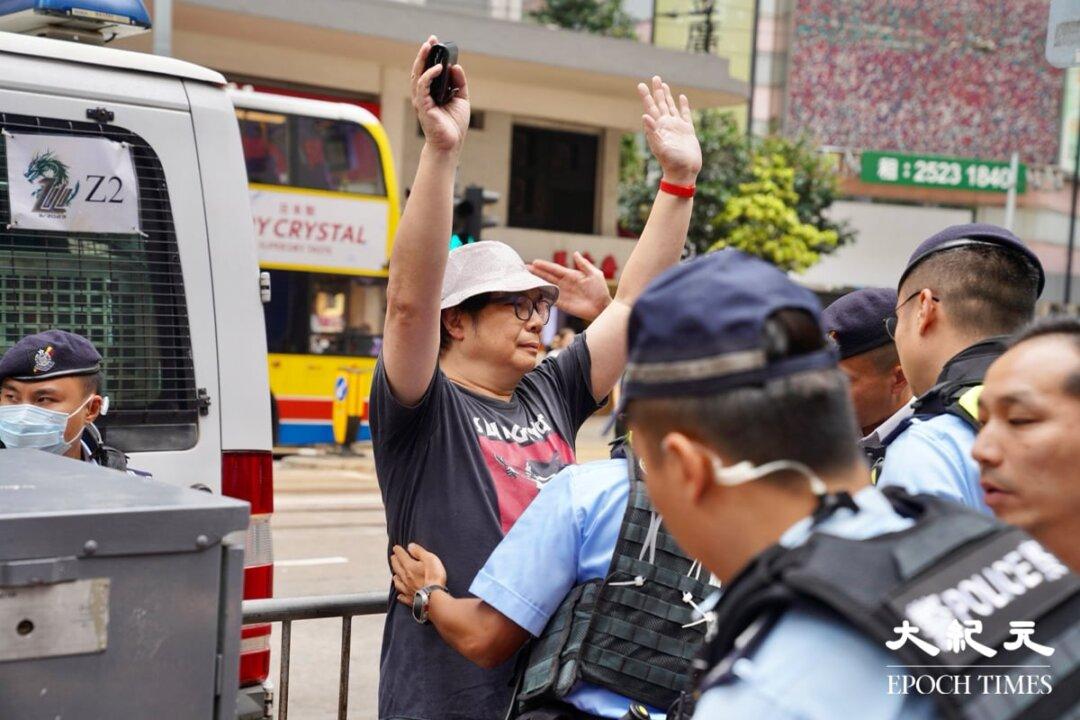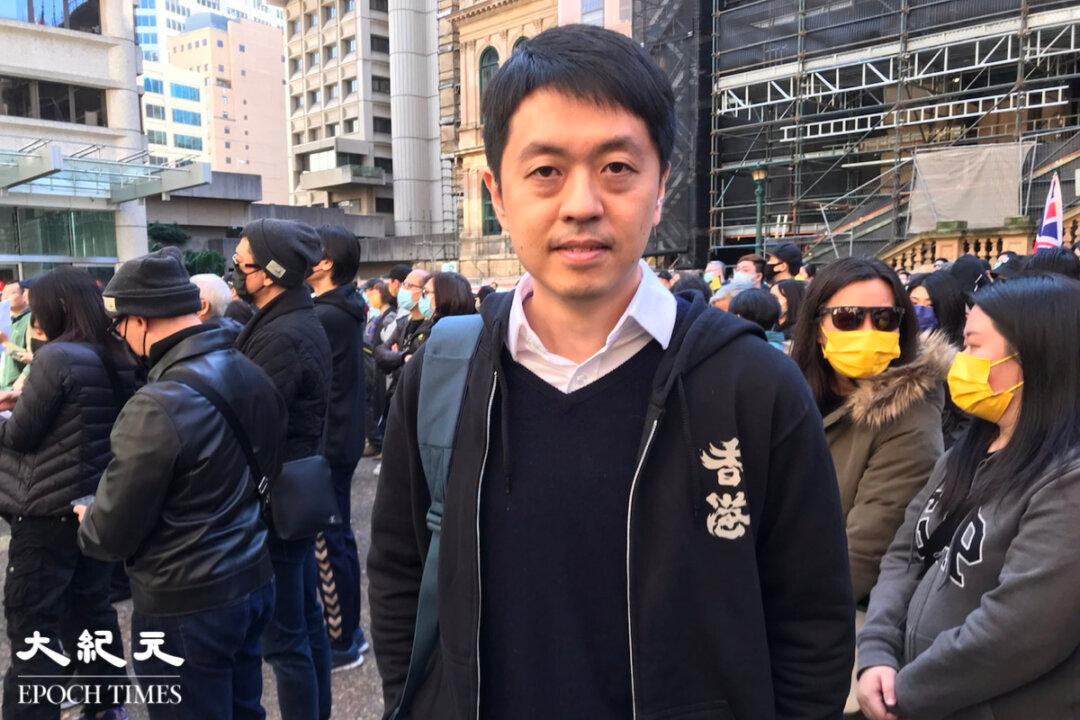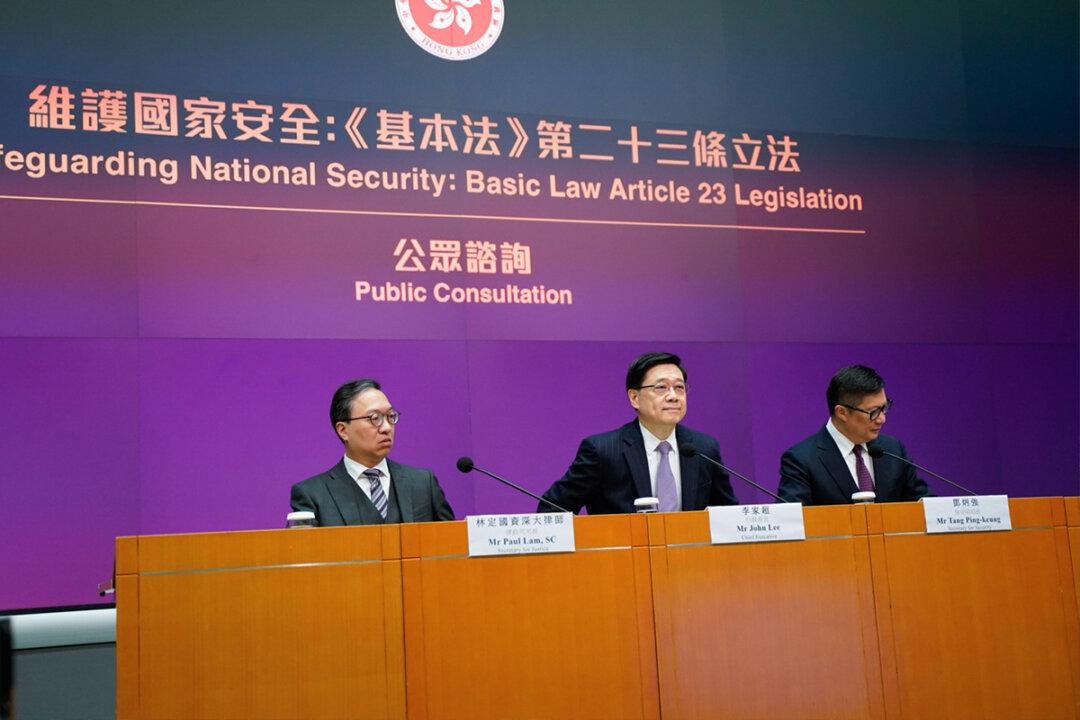Although the Chinese Communist Party (CCP) has not recognized the Taliban government in Afghanistan, Chinese telecommunications giant Huawei has been working with the Taliban government this month to install advanced closed-circuit television (CCTV) systems in the country. In addition, the CCP has close ties with other U.S. rivals, Iran and Russia, and there is much evidence in recent years that the CCP has used Hong Kong as a “white glove” to bring in Western technology and evade U.S. sanctions under the guise of a cover-up.
Close Ties Between the CCP and the Taliban Government
Huawei has recently agreed to help the Taliban government in Afghanistan install advanced closed-circuit television systems in all provinces of the country. On Aug. 14, a spokesperson for the Afghan Ministry of Interior Affairs posted on X (formerly Twitter) that Deputy Minister of Security Abdullah Mukhtar had met with representatives from Huawei in Kabul. The post also quoted a Huawei representative as saying that Huawei was prepared to begin work under the protection of the Afghan government.According to reports from RANE, this closed-circuit television system can grant access to Chinese mainland authorities and utilize a facial recognition database for domestic security purposes within mainland China. The agreement between Huawei and the Taliban demonstrates the CCP’s willingness to engage with the Taliban to mitigate instability and security threats, particularly from radical organizations like ISIS and the East Turkestan Islamic Movement (ETIM).




